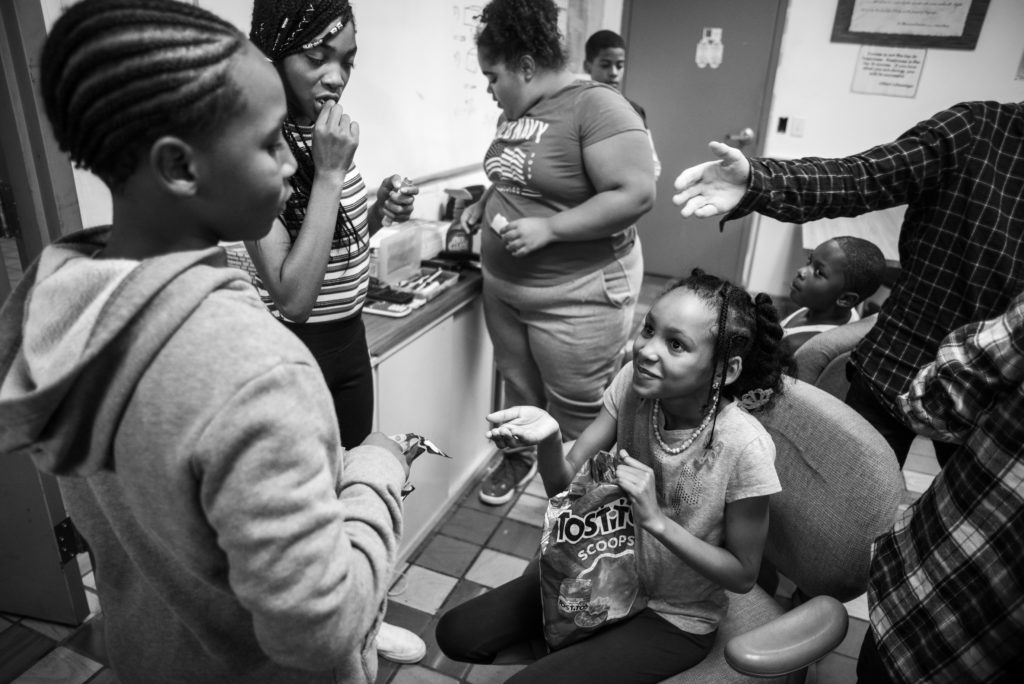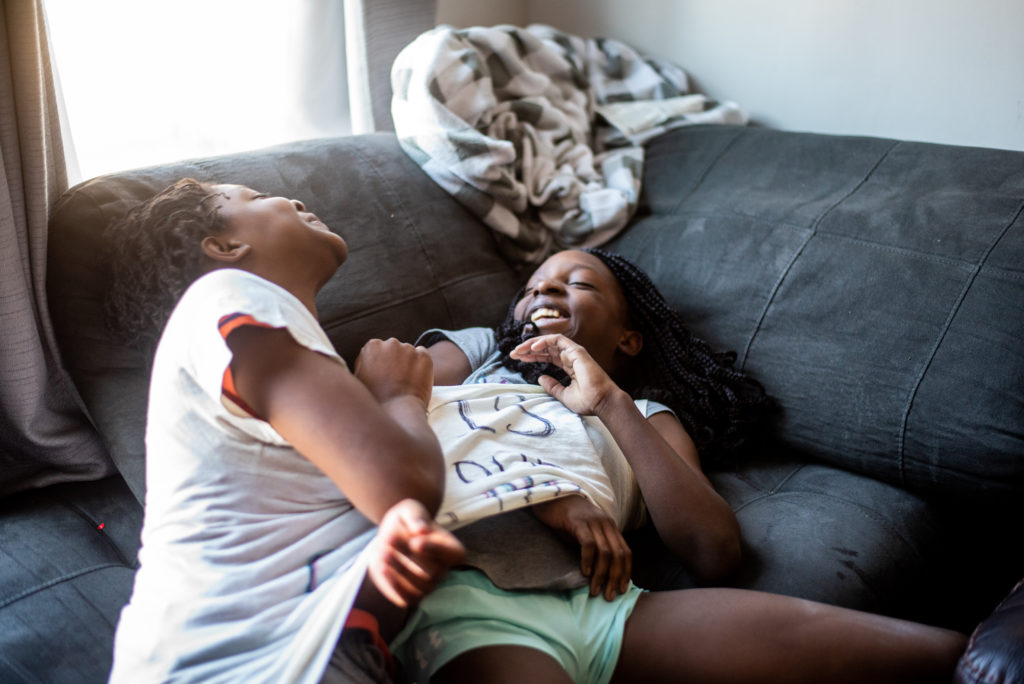All photos featured are by Zoe D. Davis. Follow her on Twitter and Instagram.
The Mental Health of Black Children is our theme for July as well as the topic for our #blkcreatives Twitter Chat. Writer Imani Bashir dives into this topic with practical insight to help the kids in your life.
When I became a mother, I was very intentional about learning how to be present and aware of my child’s mental health. Being raised in a Black household, mental health wasn’t a thing that was acknowledged and if you didn’t pay any bills, it felt like your voice was non-existent which stifled any feelings you may have been experiencing. A “child” was to “stay in a child’s place” which often translated into burying any traumas or triggers that they have endured and as we come into a new generation this ideology cannot continue.
Black children are battling with a number of factors that contribute to shifts in their mental health. Systemic racism and white supremacy run deeply in terms of Black children’s education, food access inequity, police and community violence, assault, as well as a wider scope of socioeconomic disadvantages that include not having access to adequate healthcare.

According to Mental Health America, 5 million children feel their family can’t cover basics such as food and housing, 6.2 million children have been victims of violence or witnessed it in their community, 1.2 million children between the ages of 8-18 are caregivers, 2.9 million children experienced discrimination due to their race, and the list goes on. With knowing what our children are facing, it’s imperative that we develop tools to help them survive the effects of disrupted mental health.
Firstly, it’s important to remember that gaslighting is an easy way to push children deeper into isolation, anger, and frustration. Black children do not need to hear that what they believe they are feeling is not real and simply in their minds.
Secondly, it’s imperative to understand that you cannot fix someone struggling with mental health. Nevertheless, you can provide them with tools, support, and set them on a path that allows them to begin unraveling their feelings and beginning to feel better about themselves.
Lastly, it’s important that you’re open to change your perspective when presented with new information. As a community, our community has passed down dismissal and “pulling yourself up by the bootstraps” as viable solutions to handle issues.
"It’s important that you’re open to change your perspective when presented with new information." – @SheIsImaniB for #blkcreatives Share on X
Here’s how you can change perceptions and have a more positive impact on Black children’s mental health:
1. If you have the access, provide them with a professional to speak with. Although life experience can be a great teacher, medical professionals such as therapists, psychologists, and counselors offer another level of perspective and insight into tools on how to cope. Sometimes our children want an objective opinion.
2. Stop comparing them. Comparing a child’s grades, behavior, or even how they keep their room or look is an easy way to push them deeper into depression.
3. Highlight positives. Sometimes it takes redirecting something you may interpret as negative and finding something positive the child can feel good about. It may even take paralleling your imperfections to help them understand everyone makes mistakes.
Children battling with mental health issues need to feel loved, supported, and needed, so it’s vital to present them with open arms to help preserve our next generation of incredible humans.
"Children battling with mental health issues need to feel loved, supported, + needed, so it’s vital to present them with open arms to help preserve our next generation of incredible humans." – @SheIsImaniB for #blkcreatives Share on XImani Bashir is a reporter, international educator, and travel writer. She’s lived in Africa, Asia, and Europe and contributed to publications around the world including Glamour Magazine, Teen Vogue, Cosmo, Business Insider, airline in-flight magazines, and more. Follow The Takeoff Toddler is her first self-published, illustrated children’s book series and coloring book devoted to introducing children of color to the world.
About the Author
blkcreatives
Our community is a tribute to Black culture and creativity through content experiences that honor the past and nurture our present while we build toward the future.
